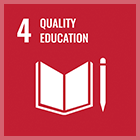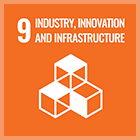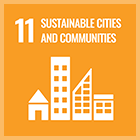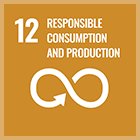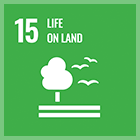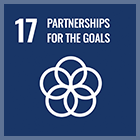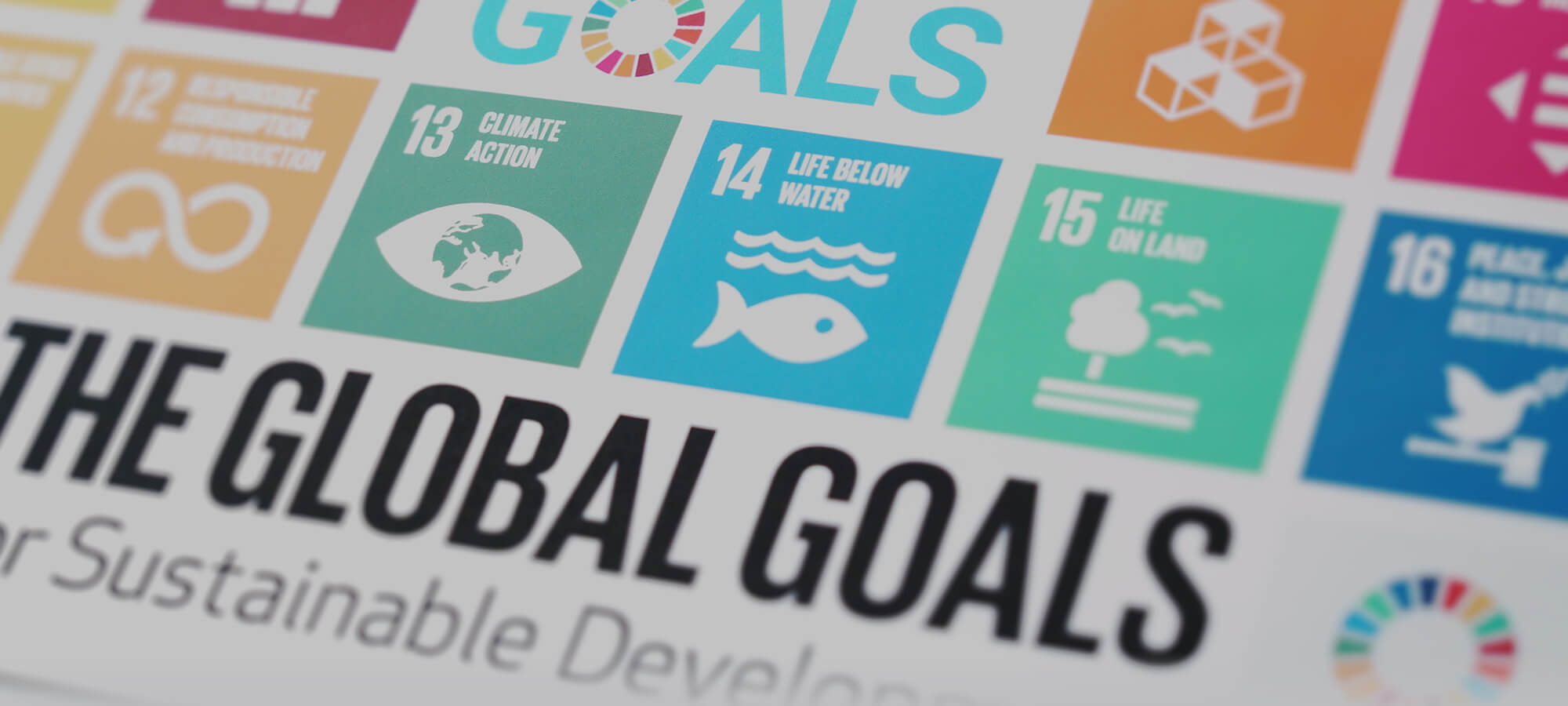

OUR IMPACT
APPROACH TO SDGs

Fermenstation supports SDGs
See how Fermenstation tackles these development goals
The 2030 Agenda for Sustainable Development (the 2030 Agenda) is a set of international development goals from 2016 to 2030, which was adopted by the UN Sustainable Development Summit held in September 2015 building on the success of Millennium Development Goals (MDGs).
The 2030 Agenda listed “Sustainable Development Goals” consisting of 17 goals and 169 targets in order to eradicate poverty and realize a sustainable world. The SDGs are universal goals applicable, not only to developing countries but also developed countries, and pledge “Leave no one behind.” through the implementation process. ~ From the Ministry of Foreign Affairs of Japan
The 2030 Agenda listed “Sustainable Development Goals” consisting of 17 goals and 169 targets in order to eradicate poverty and realize a sustainable world. The SDGs are universal goals applicable, not only to developing countries but also developed countries, and pledge “Leave no one behind.” through the implementation process. ~ From the Ministry of Foreign Affairs of Japan
![]()
-
![4. Quality Education]()
4. Quality Education
We have established an organization called Maimu-Maimu Oshu in Oshu, Iwate where we have our manufacturing facility as well as the epicenter of our resource recycling community. At Maimu-Maimu Oshu, we hold environmental education programs for children. We also provide upon request, eco-tourism to those wanting to learn about circular communities and our approach to tackling the environment. we have had a number of groups come from not only the large cities but from around the world to see how Oshu is beginning to realize an ideal society.
*Our manufacturing facility is not open to the general public
![]()
-
![9. Industry, Innovation and Infrastructure]()
9. Industry, Innovation and Infrastructure
Fermenstation produces alcohol through its original fermentation technology and is using the byproducts such as fermented residue as cosmetic ingredients and animal feed. As a result we are creating a new local industry and high value-added materials. We have obtained organic certification for our rice, ethanol and rice ferment lees and is pioneering a new cosmetic ingredient market characterized by “ Made in Japan, Traceable and Organic”.
![]()
-
![11. Sustainable Cities and Communities]()
11. Sustainable Cities and Communities
Since we utilize the byproducts of our ethanol production into cosmetic ingredients and animal feed for local chicken and cattle farmers, we produce no waste. The maneur from the animals are also turned into quality fertilizers, creating a circular system where the resources are used from end to end. This circle is expanding by the year.
![]()
-
![12. Responsible Consumption and Production]()
12. Responsible Consumption and Production
Our original brand FERMENSTATION is chiefly made from natural ingredients. For example, our facial soap uses rice ferment lees which is a byproduct of our alcohol production. We also use reusable materials such as wrapping made from cloth. Blending our original organic ingredients we manufacture people and environmentally kind products to our customers.
![]()
-
![15. Life on Land]()
15. Life on Land
Fermenstation produces JAS certified organic rice in cooperation with local farmers, by recultivating what used to be wasted rice paddies. Through organic production, we protect biodiversity and focus on maintaining the ecosystem and environmentally friendly crop production. We also grow sunflowers in unused or wasted rice paddies which usually becomes a victim of illegal dumping, as a result not only do we maintain the landscape but we also prevent from further erosion of our precious farm land.
![]()
-
![17. Partnerships For the Goals]()
17. Partnerships For the Goals
Our circular community in Oshu, Iwate which creates alcohol from rice is comprised of four parties; the agricultural cooperative corporation that produces the organic rice, Fermenstation which ferments and manufactures ethanol, the free-range chicken farmer that uses the fermented residue as animal feed, and the local farmers that uses the manuer from the chicken farmer for their crop. Maintaining this partnership between the city and rural community is key for this project and we pride ourselves in this unique relationship we’ve been nurturing throughout these years. Fermenstation is not only creating a resource recylcing community, but through this project, we have been able to attract a number of people living in cities as well as visitors around the globe and creating cross-cultural exchange. We have been doing continuing partnership efforts far before such SDG goals were raised, and in order to continue this beyond 2030, we at Fermenstation will enhance our sustainability and to even create more high value-added products through utilization of unused resources.




